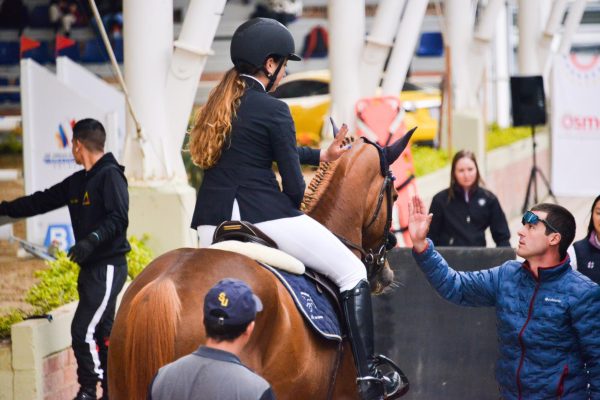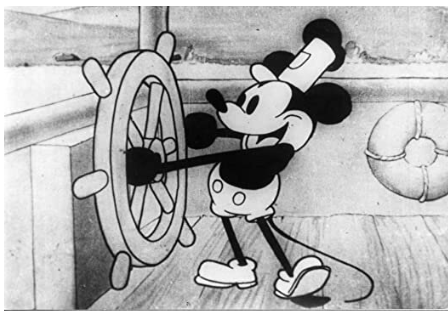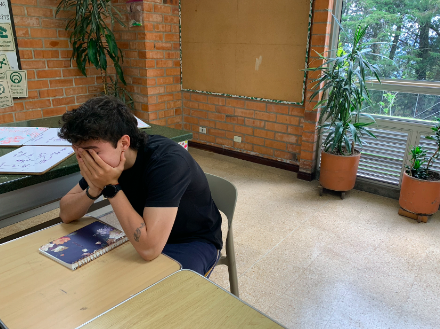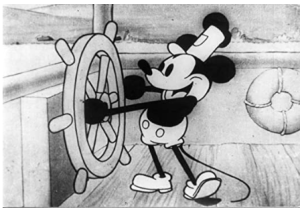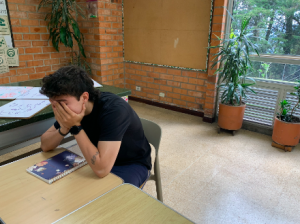There Should Be Stricter Rules on the Way That Coaches Treat Players
A lot of sports are played alone, for instance, tennis. A “1 versus 1” where two players face off in a battle to determine who’s better. There are also sports where you play against yourself, like golf where the professionals say that the biggest challenge is to overcome yourself and your best score. There are also team sports, where the team is made up of the coach and the players. In these types of sports, the coach is generally seen as the leader and the image of guidance to win the game. If the coach’s treatment toward his players is good, the players will increase their performance, feeling good about themselves and hyping up with positive thoughts and good energy. However, if the leader misbehaves and treats athletes in a bad way, the team will most likely end up losing the game. Therefore, there should definitely be stricter rules about the way that coaches treat their players in a team sport.
Generally, in sports, players have problems in their personal life. If coaches helped with these problems, they might develop certain closeness with their players. Not only this but helping players solve their complications might help with their performance inside the court and increase their winning mentality. “Coach–athlete interactions are based on a positive approach that emphasizes the use of positive reinforcement, encouragement and sound technical instruction that help create high levels of interpersonal attraction between coaches and athletes. Punitive behaviors are strongly discouraged,” Joaquín Dosil, sports psychologist said. Positivity is always a key factor in sports. Whichever team has the better mindset will always have the edge over the enemy team. Not only is it important coming from all the players, but it’s even more important coming from the leader or in this case the coach. If the players feel that their coach treats them not only as his players but as his friends, the efficiency of the game will definitely go up. It is important to keep in mind that coaches should have ruled upon them making them treat their players right. However, it is even more important to recognize that the coach should build a personal relationship with the players, in order to understand them and be able to interact with them properly.
If the coach is friends with each player in his team, the chances of winning will skyrocket. Interpersonal relationships with athletes shouldn’t be a requirement but trying to work towards it should. Understanding between players and coaches will make chemistry go through the roof. “I do think that how a coach acts with his/her team members deeply impacts their performance. I’m a fair believer that if I have a connection with my coach then not only I’m going to try my best but I would consider my coach a friend. But if my coach is in a “bad” mood or doesn’t actually want to be there then my performance would be affected by it,” Isabella Murillo, TCS female basketball team captain, said. Having someone that you can trust with leadership will take the pressure of the players’ shoulders. In sports, trust is something that not many teams and players achieve. It’s so crucial to have a good leader, that when teams accomplish it, for the most part, they become winners. This goes to show how important it is to have an experienced and qualified leader on a sports team; and when players don’t take the leadership role, the coaches must step forward and show strength and courage to his players.
On the other side, coaches must still be hard on the players. The coach must establish a dominance let his players know that he’s in charge. “Does this mean coaches should avoid all criticism and punishment of their athletes? Not at all. Sometimes these behaviors are necessary for instructional or disciplinary purposes, but they should be used sparingly. When using punishment as a last resort, it should not be directed at the athlete. Rather, it should be clearly communicated that the coach dislikes the undesirable behavior, not the person,” Joaquin Dosil said.
Coaches should have certain rules that shape the way they treat their players a bit more. Players also stress about things outside of the sport they play and when treated harshly by his or her coach it might influence their on-court performance. Coaches should also step up to the role of leadership in the team because in most cases, they are the most experienced and know the most about the game. However, these things should not take away from coaches being hard on players. Rough training is the key to getting better, and players must go through this to maximize their game.


